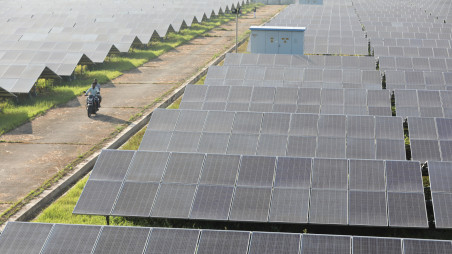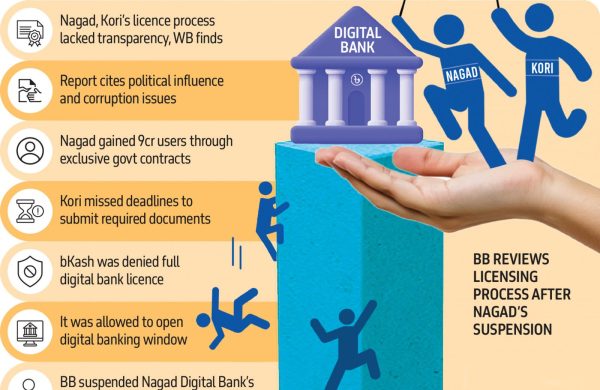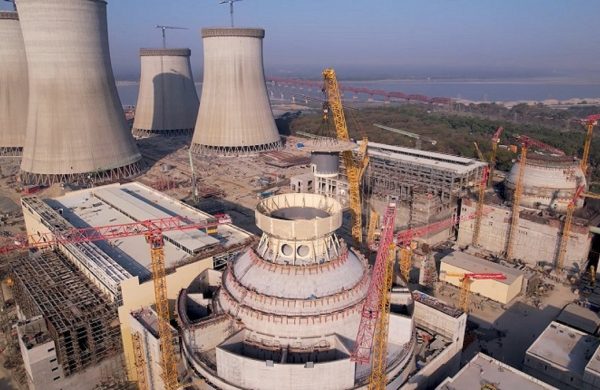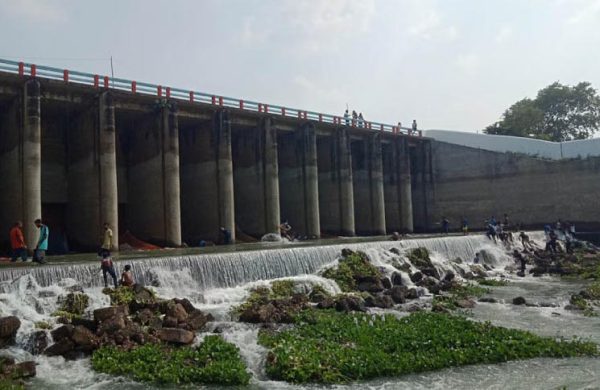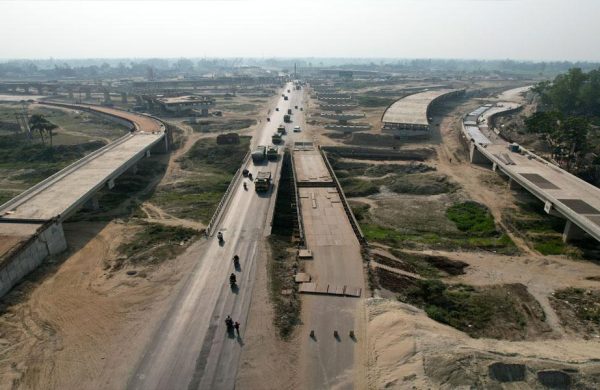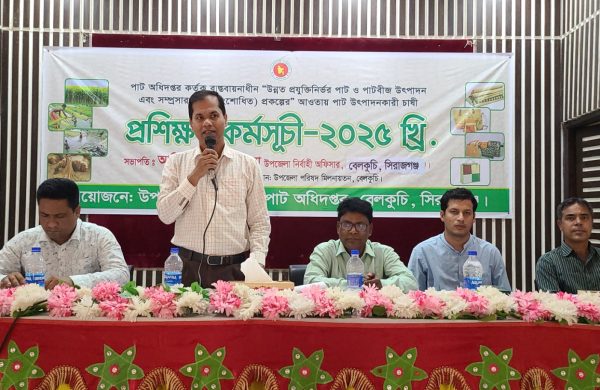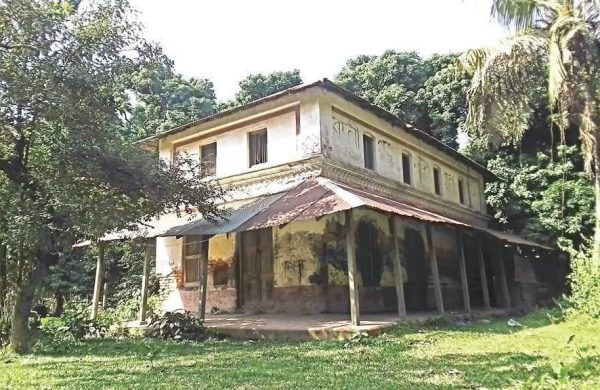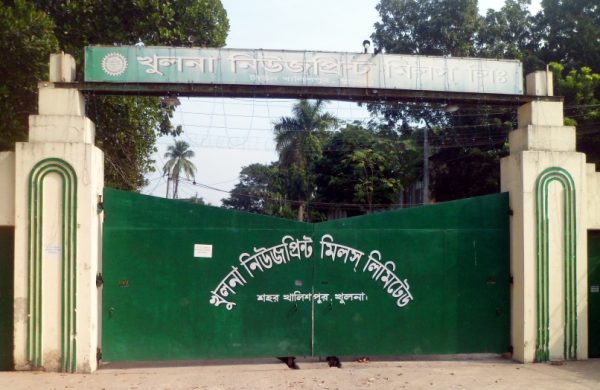The indemnity law shielding perpetrators
- Update Time : Sunday, September 8, 2024
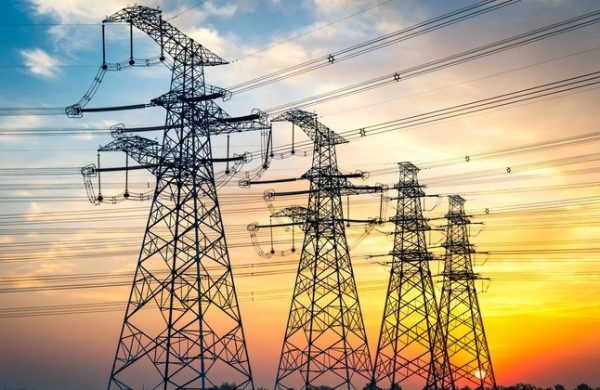
TDS Desk:
In 2010, the then Awami League government passed an indemnity law for three years, providing a free hand to its associates involved in setting up power plants and benefiting from capacity charges.
This law has been repeatedly extended, allowing the continuation of corrupt practices.
The Quick Enhancement of Electricity and Energy Supply (Special Provision) Act 2010 shielded oligarchs from scrutiny, granting them impunity within a legal framework. Section 9 of the Act states that no court may question the validity of any actions, decisions, or orders made under this law.
Additionally, Section 10 of the Act ensures that no civil or criminal cases can be filed against any officer or employee for actions taken, or deemed to be taken, in good faith while performing their duties under the Act or related rules.
What began as a temporary measure in 2010 has since become a permanent arrangement. The law was first extended by two years in 2012, then by four years in 2014, three years in 2018, and finally, by five years in 2021.
Experts have criticised the law, saying it facilitates widespread corruption under the guise of quick rental plants and capacity charges.
Dr Iftekharuzzaman, executive director of Transparency International Bangladesh (TIB), said, “This law protects the interests of powerful investor groups. There is no opportunity for open tenders, which violates government procurement rules. As a result, transparency and accountability are undermined. Even if there is opacity or corruption in the procurement process, the law prevents anyone from taking the matter to court.”He further explained, “The absence of open competition means there is no chance of securing the best value for money in the power and energy sector. Consequently, the cost of power generation has increased, and ultimately, the public bears this burden.”
Dr Iftekharuzzaman emphasised the need for the government to repeal the power indemnity law, which he says has drained the economy, and to address the issue of power overcapacity to boost economic activities.



